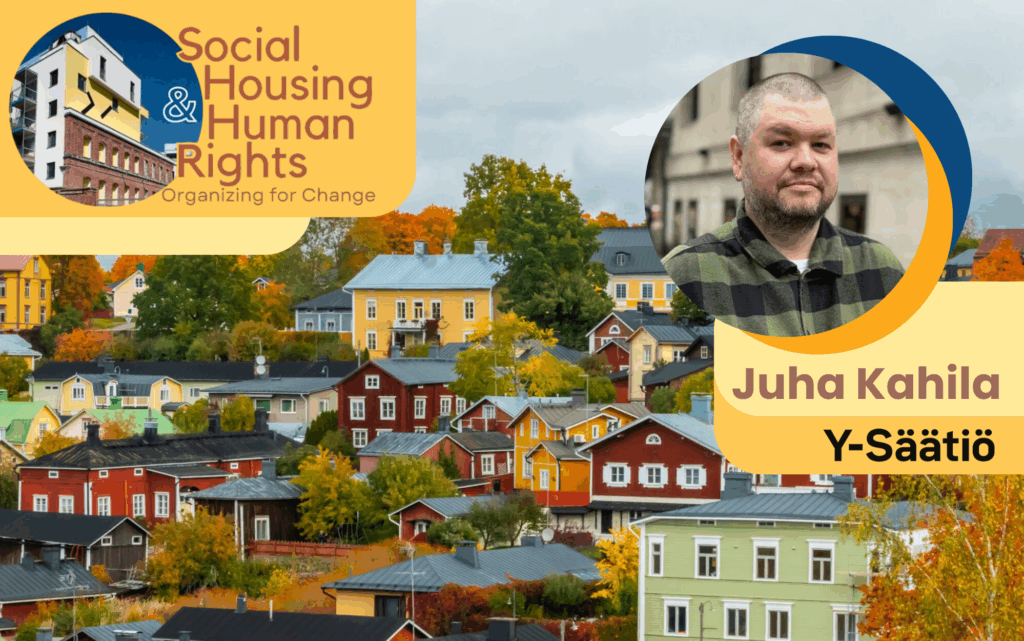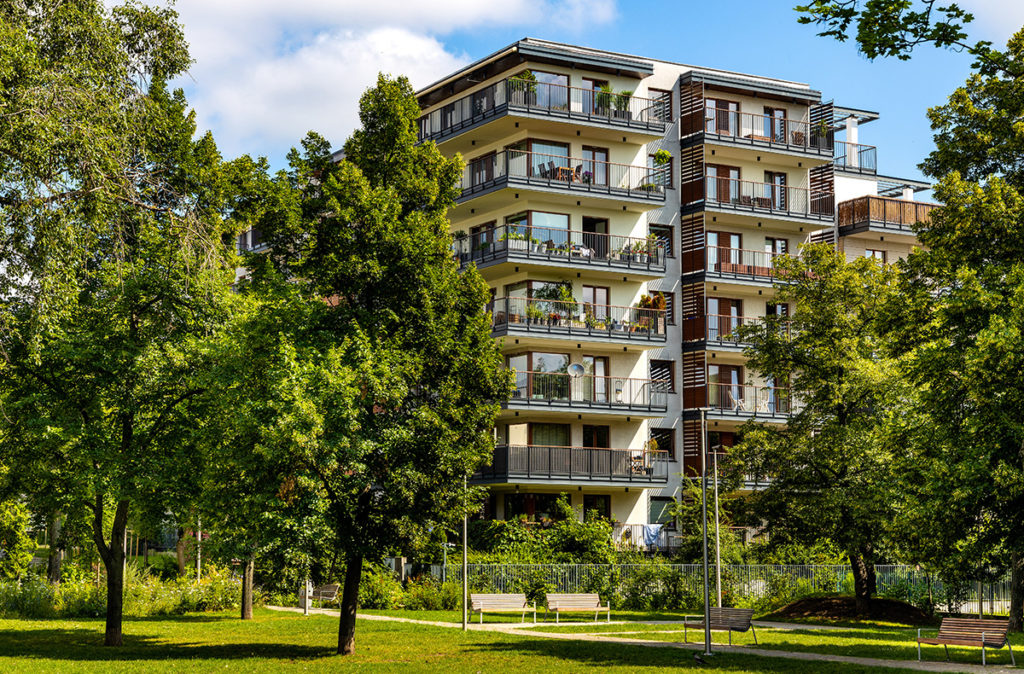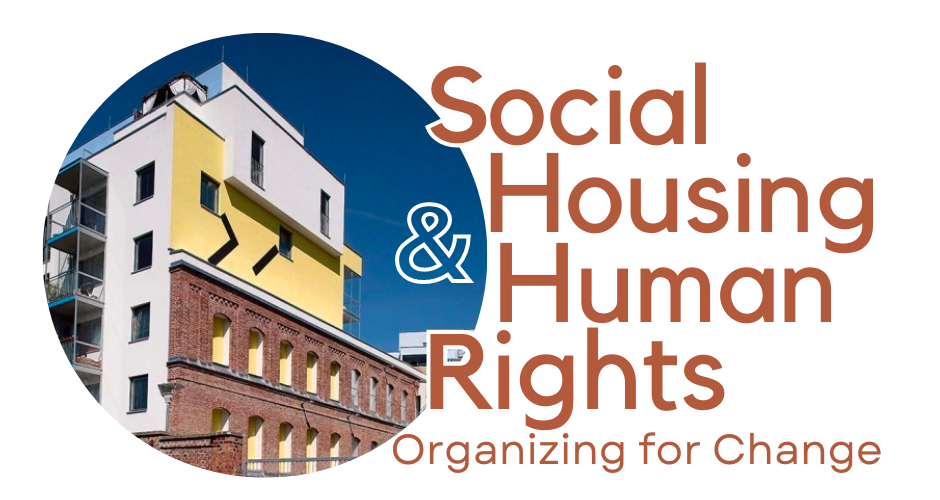Housing is a human right.
Join the call for government action
on social housing and human rights
Canada is in crisis: tens of thousands of people are homeless and hundreds of thousands are struggling to afford rising rents. We call on the government to act.
Webinar: Housing First Requires Housing First!
November 4th 2025
12:00 PM ET · 11:00 AM CT · 10:00 AM MT · 9:00 AM PT
Join SHHR for a webinar with Juha Kahila, the Head of International Affairs for Y-Säätiö (The Y-Foundation), the largest non-profit owner of state-subsidized rental housing in Finland. Juha will describe how Finland’s sustained efforts have resulted in low-rates of homelessness and why continued state investment in social housing is essential.

Juha Kahila is the Head of International Affairs at the Y-Foundation (Y-Säätiö) Finland’s largest NGO providing housing for people experiencing homelessness and affordable homes for low-income households — with a housing stock of more than 19,000 apartments across the country.
A passionate advocate for housing as a human right, Juha leads international collaboration through his roles as Coordinator of the Nordic Homelessness Alliance and facilitator within the Housing First Europe Hub, connecting practitioners, policymakers, and researchers across Europe to advance Housing First and prevention-based solutions.
Before taking on international work, Juha led Finland’s National Housing First Development Network, bringing together all major actors in homelessness policy and practice. His career has spanned every level of the field — from front-line support work to service management and CEO roles in Housing First organizations — giving him a rare, comprehensive view of what it takes to end homelessness in practice.
He holds a Master’s degree in social services and continues to be driven by a simple belief: no one should be without a home in a society that works.
In case you missed it:
More than 2.68 million Canadians are in core housing need – unable to find a home that meets the acceptable housing standards of adequacy, suitability and affordability.
Adequate
Housing is considered adequate if it is not in need of major repairs.
Suitable
Housing is considered suitable if there are enough bedrooms for the size and make-up of the resident household.
Affordable
Housing is considered affordable if it costs less than 30% of before-tax household income.
Some groups are harder hit than others. Women-led single parent households, racialized and newcomer families, people with disabilities, and First Nations, Metis, and Inuit households are over-represented in core housing need.
Since 1993, the federal government has built very few new units of social housing, and old funding agreements for existing units are expiring.
The 2017 National Housing Strategy has yielded minimal genuinely affordable housing for individuals with low incomes.
Only 3% of units funded through the Strategy’s largest program are affordable to low-income households.

It’s time for the Government of Canada to invest in social housing and help end the housing crisis.
When people have a safe, healthy, affordable place to call home, they can plan for the future, invest in their education and careers, and participate in their communities. This makes Canadian society stronger and benefits everyone.
Social housing is essential for…

Ensuring Dignity
and Safety

Strengthening Canadian Society

Upholding
Human Rights
We call on the Prime Minister and the Minister of Housing to fulfill their legal obligation to realize the human right to housing and:

1. Create a minimum of 50,000 net new rent-geared-to-income social housing units each year for 10 years, starting now. These units should be targeted for those experiencing core housing need and homelessness and have rents permanently set at no more than 30% of household income.
2. Invest in the acquisition, construction, operation, and maintenance of new and existing public, non-profit, and cooperative-owned housing that meets the unique and varied requirements of people experiencing core housing need and homelessness.


